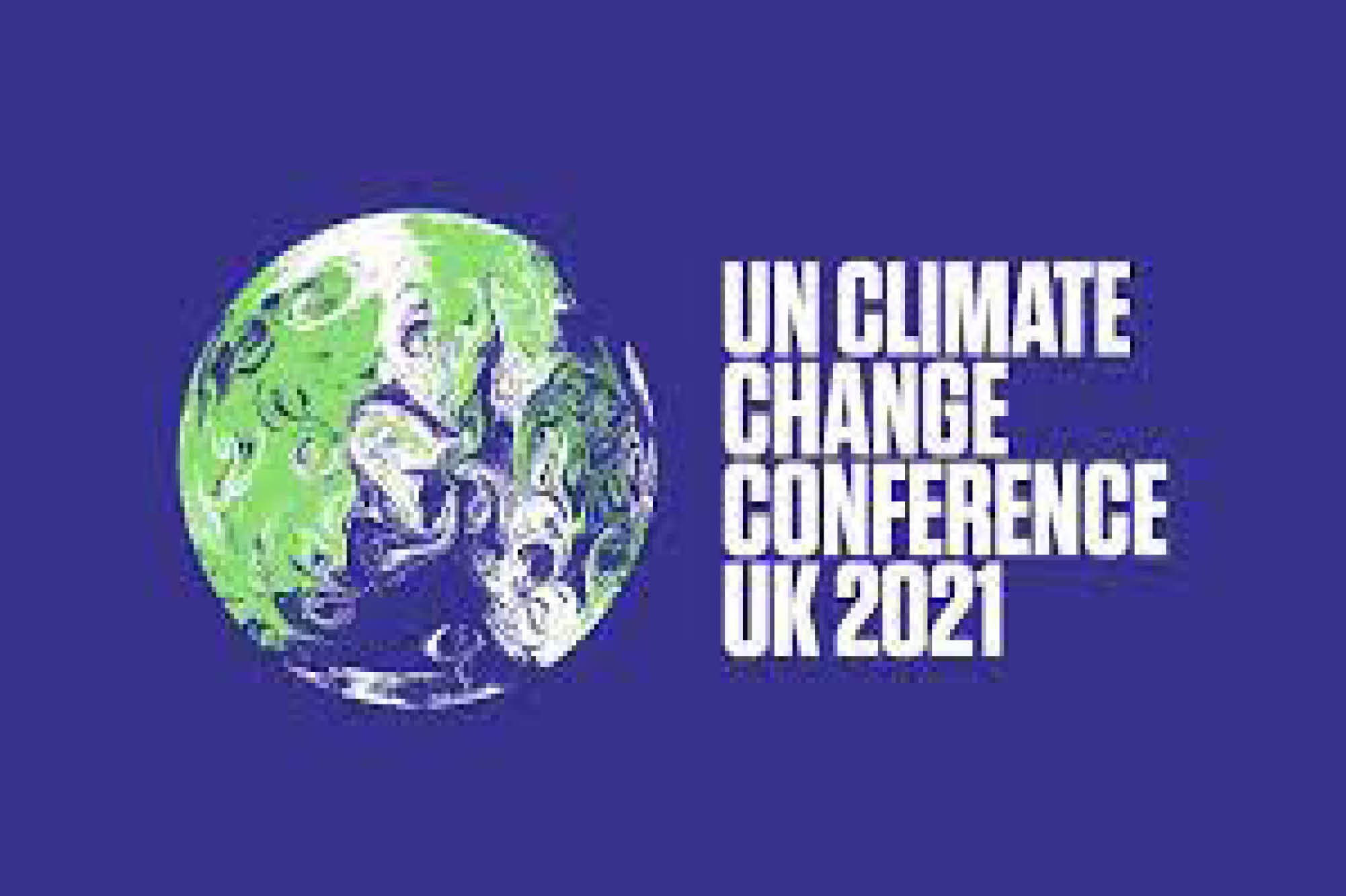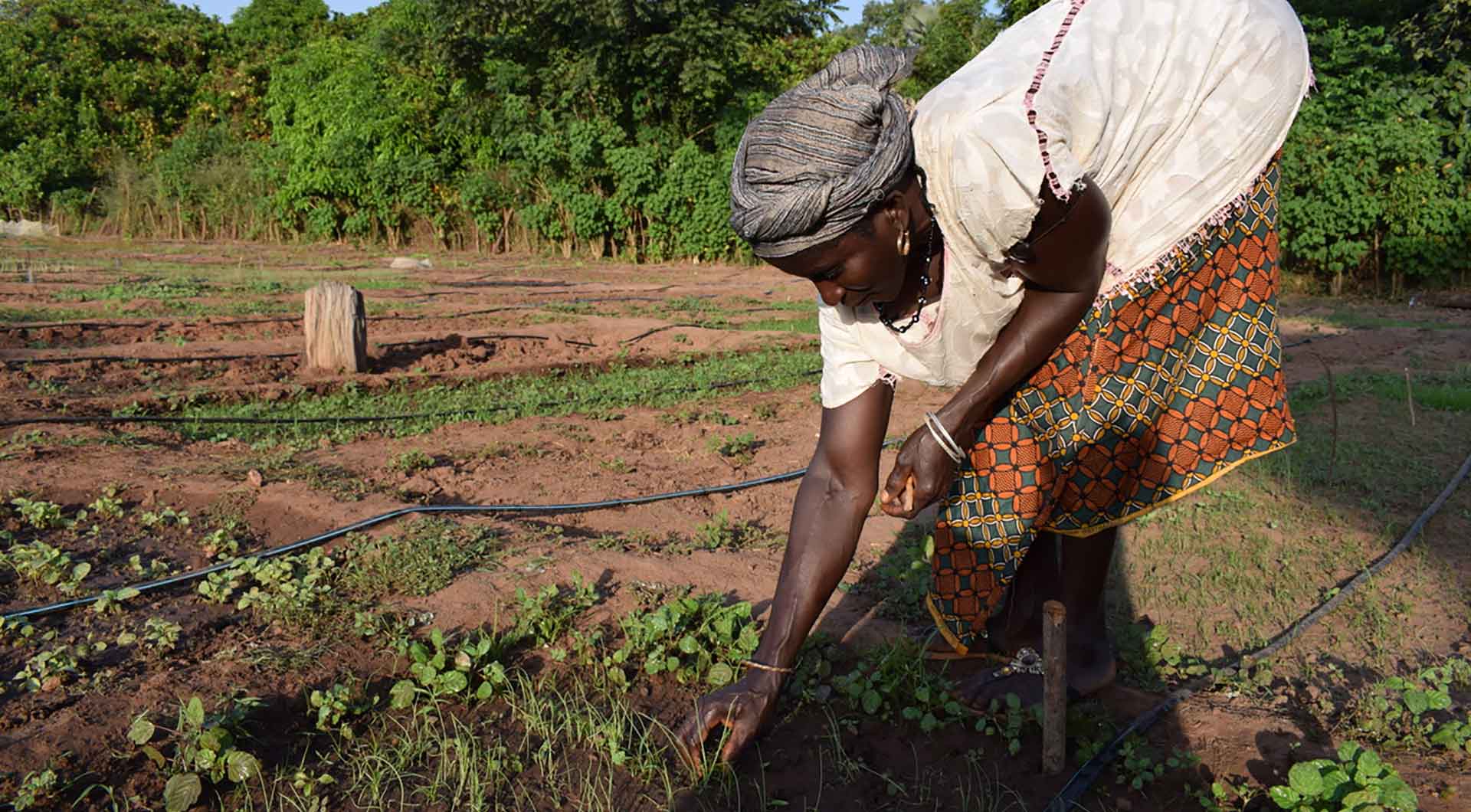
World Youth Skills Day is more than a celebration; it is a call to action. Across Africa, young people are showing us that with the right skills and support, they’re not just participants in development, they’re leading it.
If you really want to understand what young people in Africa are dreaming of, hoping for, and ready to build, all you have to do is listen. The Youth Voices Report conducted by Humana People to People in partnership with AUDA-NEPAD, have bought together powerful stories and lived experiences of young people across the continent who are using Technical and Vocational Education and Training (TVET) to build careers, solve local challenges, and drive social change.
Through in-depth survey findings, youth profiles, and policy recommendations, the report offers a holistic view of what's working — and what must change — to make skills development more inclusive, impactful, and future-ready. And the message couldn’t be clearer: Africa’s youth do not want to sit on the sidelines. They want to be at the center of shaping the future of education and employment.
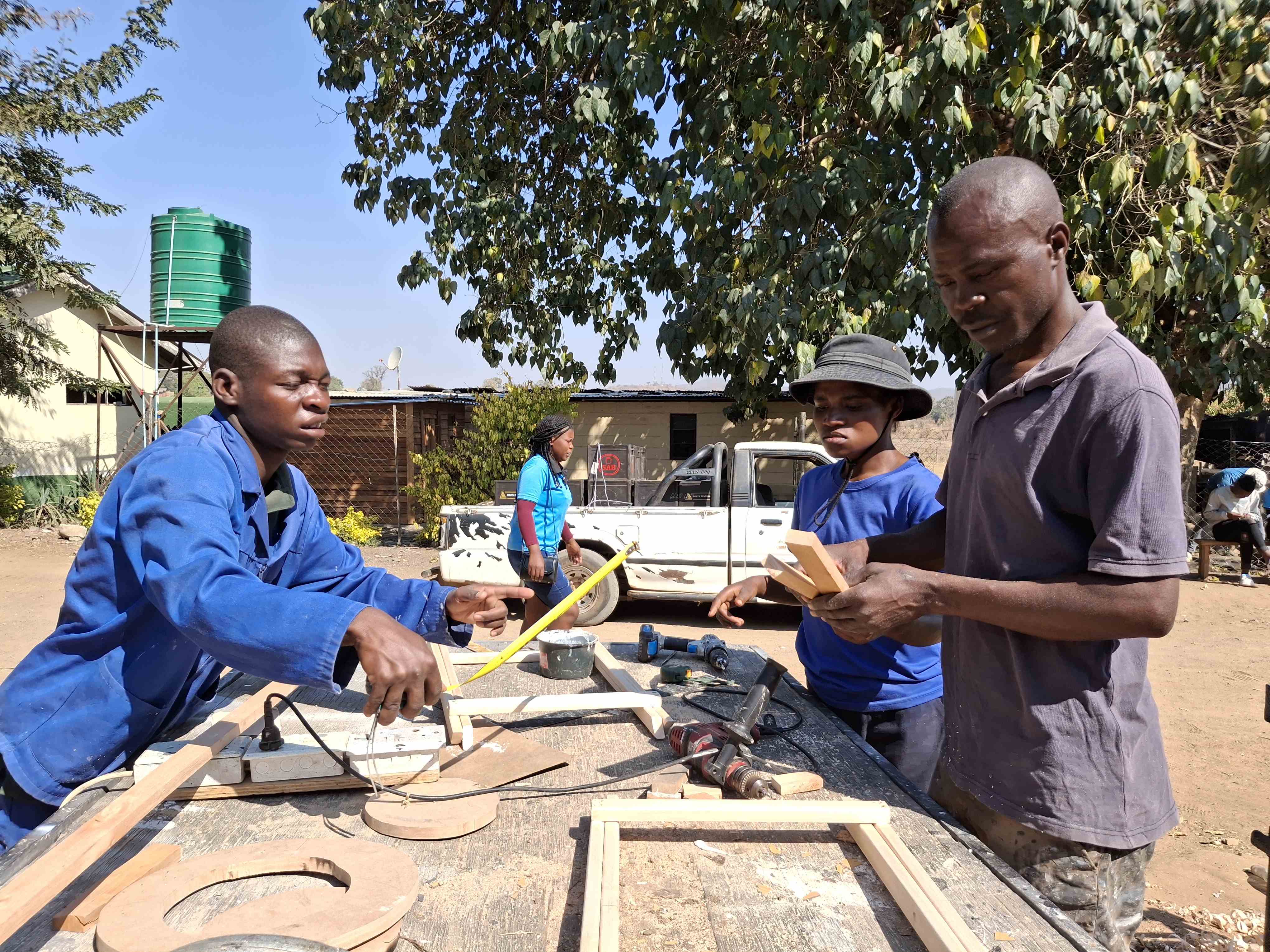
Young people are saying loud and clear that TVET is more than just a way to find a job. For many, it is a way to transform their lives, strengthen their communities, and actively shape the future of the continent.
The report shows that 80% of youth see themselves not as passive beneficiaries of skills training, but as co-designers of the system itself. They are asking for education that is relevant, practical, inclusive, and forward-looking. They want digital skills to keep up with a rapidly changing world. They want soft skills to navigate complex social and professional environments. They want green skills to protect the planet while building livelihoods. And they want access, especially in rural areas where opportunity can feel out of reach.
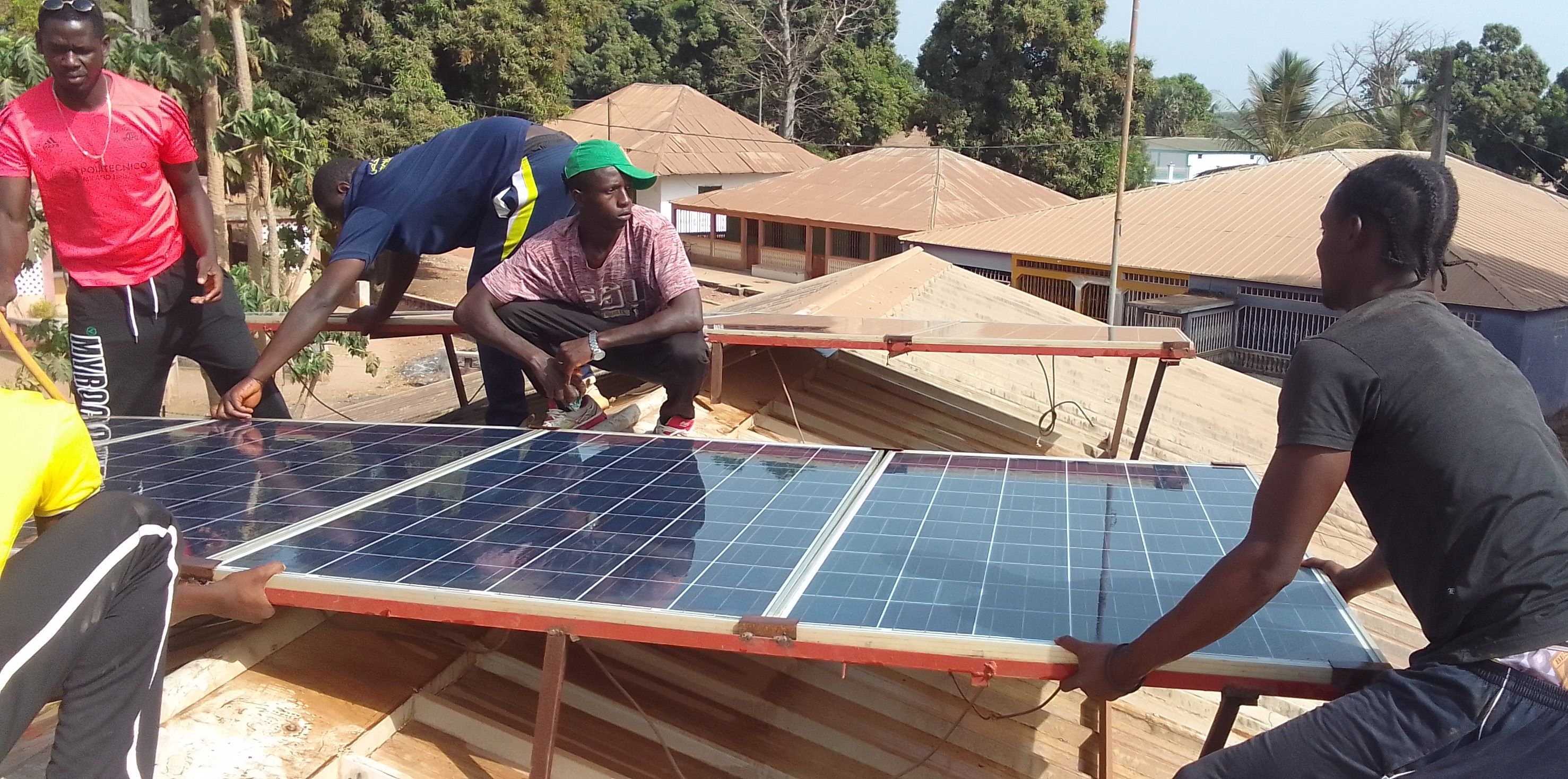
For many young Africans, TVET is not just useful—it is essential. A large majority believe vocational training aligns with today’s job market and contributes directly to social and economic development. Yet access remains a significant barrier. Financial constraints, lack of information, and rural isolation continue to prevent millions from accessing the training they need.
But here is the good news: change is already happening.
In the heart of rural Africa, Humana People to People, thought its network of local organisations, are meeting this moment head-on. Working across countries in Sub-Saharan Africa, Humana has made skills training not just accessible, but transformational. With 16 TVET colleges in 8 countries and more than 34,000 graduates trained, Humana is proving what is possible when training meets community need.
What makes our model stand out is its deep connection to real-world challenges. Young people do not just learn in classrooms—they engage in hands-on training, internships, and apprenticeships that prepare them for life beyond school. In some programs, we run small businesses as part of their coursework. In others, mobile units travel to the most remote communities, bringing vocational training directly to young people who would otherwise be excluded.
Entrepreneurship is a growing focus—and for good reason. Across the continent, young people are using the skills gained through TVET to start businesses in agriculture, construction, beauty, tech, and more. Entrepreneurship is a reality for millions of people every day, especially in the informal sector. What TVET does is built on that vast experience and energy, adding useful skills that help individuals grow their enterprises and formalize their work. These businesses are not only generating income but also creating jobs and driving community development from the ground up.
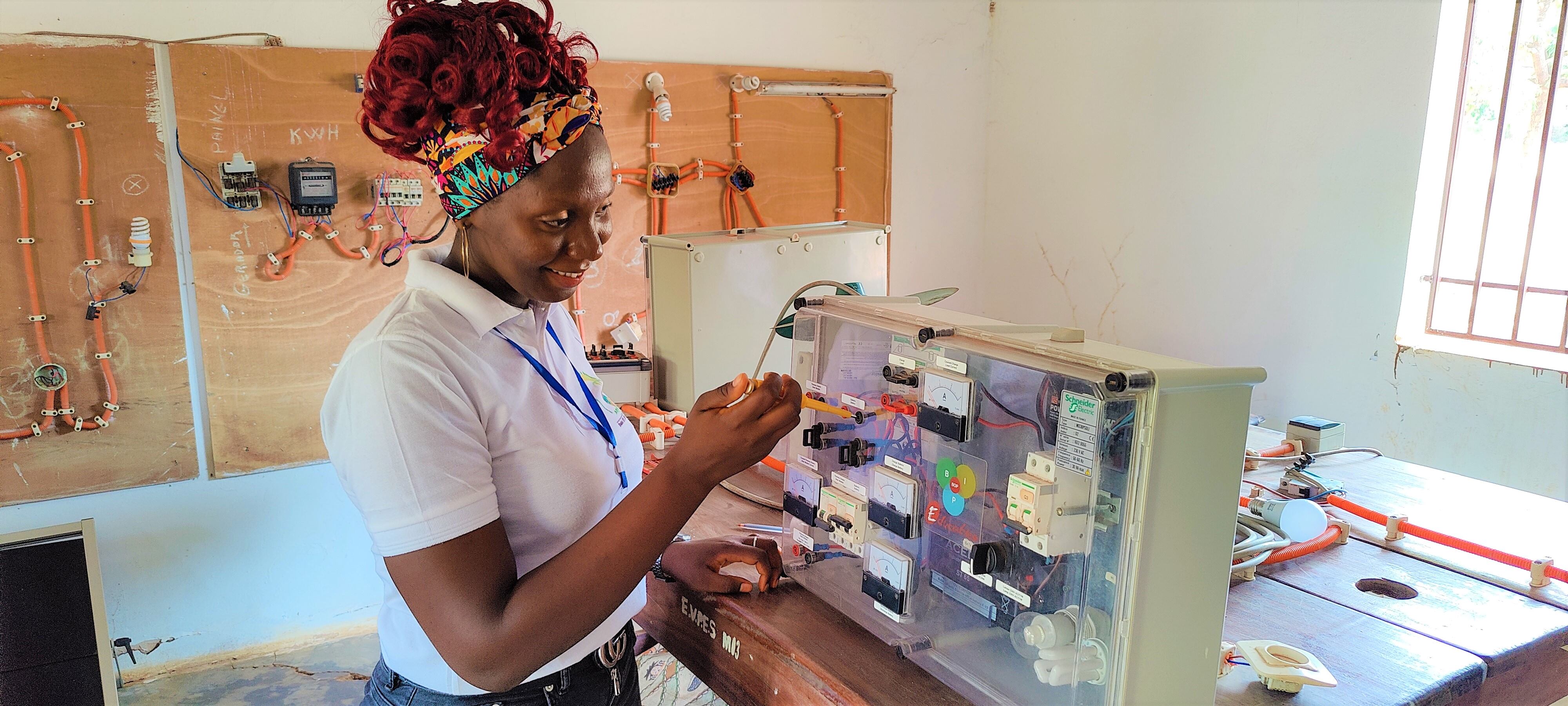
Another rising priority is sustainability. Humana’s TVET programmes are preparing youth for the jobs of the future by integrating green skills across their curricula. From renewable energy to climate-resilient farming, young people are learning how to protect their environments while earning a living. This is not just about saving the planet—it is about building sustainable local economies where young people thrive.
As we celebrate World Youth Skills Day, let’s move beyond recognition to real commitment to equip young people with the skills, opportunities, and platforms they need to tackle today’s challenges and shape a brighter, more inclusive, and sustainable future.
What is needed now is bold action: to elevate youth voices, support youth-led conversations, and ensure that young people’s aspirations and needs are at the heart of policymaking, innovation, and investment across the continent.
To dive deeper into the insights, lived experiences, and solutions young Africans are championing and to explore some policy recommendations, visit the Africa Skills Revolution website: https://www.africaskillsrevolution.org/
